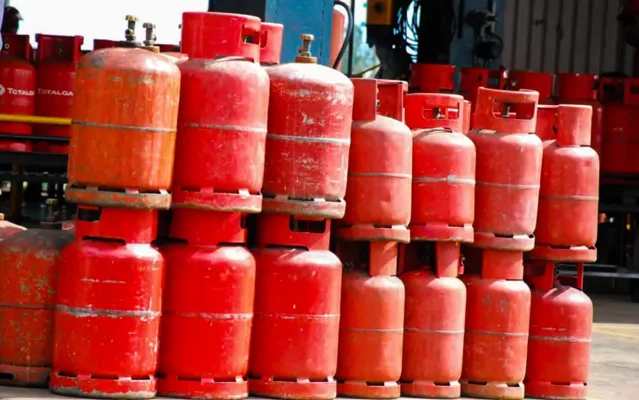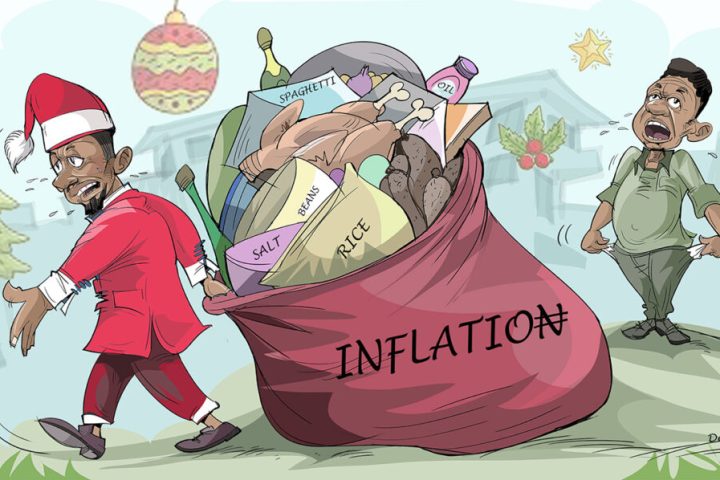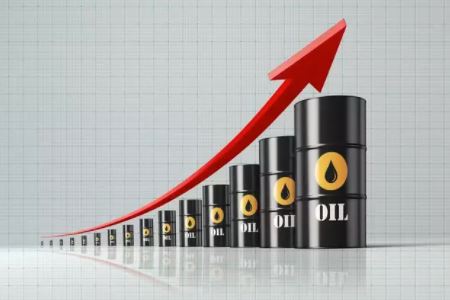LCCI Supports VAT Exemption on Diesel and Cooking Gas
The Lagos Chamber of Commerce and Industry (LCCI) has praised the federal government’s decision to exempt cooking gas and diesel from Value Added Tax (VAT). This move, according to the LCCI, will help reduce the operational costs for businesses, lower the cost of living for Nigerians, and boost access to clean energy.
The government recently introduced the VAT Modification Order 2024, along with tax incentives for deep offshore oil and gas production. These policies, LCCI claims, will not only provide immediate relief for industries but also benefit households that rely on cooking gas.
Join our WhatsApp ChannelDr. Chinyere Almona, the Director General of the LCCI, said: “We acknowledge the government’s significant step in alleviating the financial pressure on businesses and households by removing VAT on diesel and cooking gas. This decision is timely, as these commodities are essential to everyday life and economic activities.”
Transition to CNG: LCCI’s Call for More Action
Almona also emphasized the need for the government to focus on accelerating the transition to Compressed Natural Gas (CNG) for mobility. She explained that this could make energy more affordable, create jobs, and help reduce emissions.
“The business community is optimistic about the transition to CNG as an alternative fuel for vehicles, but for it to succeed, we need further support from the government,” Almona stated.
She called for the expansion of CNG refueling infrastructure, which is currently limited across the country. “The lack of refueling points is a major barrier to the widespread adoption of CNG. To overcome this, the government must invest in infrastructure,” she said.
Additionally, Almona recommended launching an awareness campaign to educate the public on the cost and environmental benefits of CNG. “The success of CNG mobility depends heavily on public acceptance. People need to understand the savings and environmental gains of this alternative,” she added.
READ ALSO: #Nigeria@64: LCCI Seeks Bold Economic Reforms To Address Insecurity, Inflation, Oil Theft
CNG Vehicle Conversion and Job Creation
One of the challenges that LCCI highlighted is the cost of converting vehicles to run on CNG, which can be prohibitive for individuals and small businesses. Almona urged the government to offer incentives or subsidies for vehicle owners to switch to CNG.
“This transition presents an opportunity for job creation in the energy and automotive sectors. There is a need to train mechanics, transport workers, and commercial drivers in CNG vehicle conversion and infrastructure maintenance,” Almona advised.
Impact on the Oil and Gas Sector
The LCCI also sees the government’s incentives for deep offshore oil and gas production as a positive development. These incentives, Almona noted, could attract more investment into the oil and gas sector, helping to rejuvenate an industry that has been grappling with high costs and low profits.
“Implementing the VAT Modification Order 2024 and tax incentives for offshore production could revitalise Nigeria’s oil and gas industry. These measures are crucial in reducing the financial burden on oil and gas operators,” she said.
Naira Payments for Crude Sales
In addition to VAT exemptions and CNG adoption, the LCCI also supported the full implementation of Naira payments for crude oil sales to local refineries, such as the Dangote Refinery. Almona remarked that this policy, set to begin in October 2024, could be a turning point for Nigeria’s economy.
“This move will be a significant milestone for Nigeria’s economic transformation. The government must remain committed to implementing these reforms consistently and fully,” Almona said.
Looking Ahead: Challenges and Opportunities
While the LCCI welcomed the removal of VAT on diesel and cooking gas, Almona cautioned that this is only the first step. “Removing VAT is a bold move, but more needs to be done to tackle the root causes of high operational costs for businesses.
We urge the government to fully implement the Petroleum Industry Act (PIA) and create a conducive regulatory environment to ensure the long-term success of these reforms,” she concluded.
Emmanuel Ochayi is a journalist. He is a graduate of the University of Lagos, School of first choice and the nations pride. Emmanuel is keen on exploring writing angles in different areas, including Business, climate change, politics, Education, and others.


















